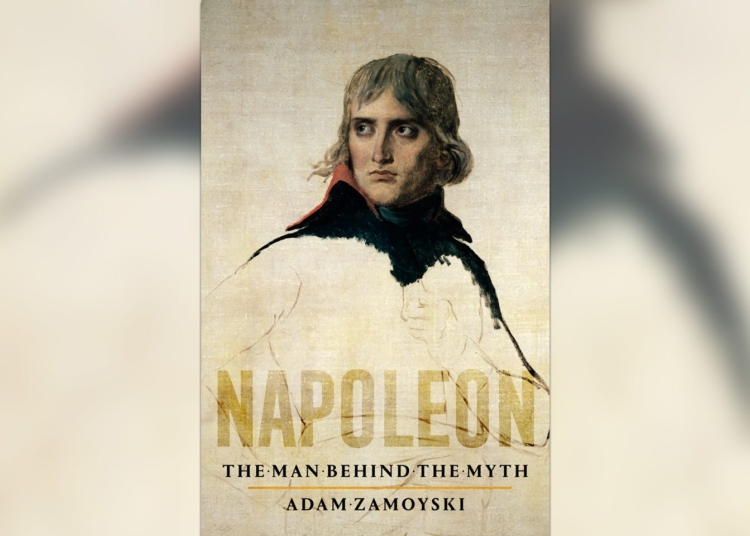This content introduces the life and accomplishments of Napoleon Bonaparte, emphasizing his role as a military genius and highlighting his complex and dynamic character. It mentions his early life and education, his rise to power during the French Revolution, and his military brilliance, including his reform of the French army. The content also discusses Napoleon’s legal reforms, particularly the Code Napoleon, which brought stability and consistency to French society. It concludes by acknowledging both the positive and negative aspects of Napoleon’s legacy, and how he is remembered for his military achievements and legal reforms.
The Man Behind the Military Genius – Napoleon Bonaparte
Introduction
Napoleon Bonaparte, one of the most influential figures in history, was not only a military genius but also a complex and dynamic individual. Born in 1769 on the island of Corsica, he rose to prominence during the French Revolution and went on to become Emperor of the French. Although he is primarily known for his military campaigns and strategic brilliance, there was much more to the man behind the military genius.
Early Life and Education
Napoleon’s early life and education played a significant role in shaping his character. As a child, he was sent to mainland France to receive a formal education. There, he developed a strong passion for history and literature, which sparked his ambition to leave a lasting impact on the world. His rigorous education also instilled in him the love for discipline and order, traits that would prove crucial in his military career.
Rise to Power
Napoleon’s rise to power began during the French Revolution. His military successes and political acumen propelled him to positions of authority in the French government. In 1799, he staged a coup d’état and established himself as the First Consul of France, effectively becoming the country’s ruler. Four years later, he crowned himself Emperor, cementing his absolute power.
Military Brilliance
One cannot discuss Napoleon without acknowledging his military brilliance. He reformed the French army, introducing new tactics and strategies that revolutionized warfare. His mastery of maneuvering large armies on the battlefield earned him victories in battles such as Austerlitz and Jena, establishing France as a dominant power in Europe.
Code Napoleon and Legal Reforms
While Napoleon is often associated with military conquest, he also implemented significant legal reforms. The most famous of these was the Code Napoleon, a comprehensive civil law code that is still the foundation of many legal systems today. This code emphasized equality before the law, religious freedom, and protection of property rights. Napoleon’s legal reforms brought stability and consistency to French society.
Legacy and Downfall
Napoleon’s legacy is paradoxical. He is revered for his military accomplishments and the positive impact of his reforms, but he is also criticized for his dictatorial tendencies. His ambition and desire for expansion led to costly wars that ultimately exhausted France’s resources and resulted in his downfall. In 1814, he was defeated and exiled to the island of Elba. He briefly returned to power during the Hundred Days but was defeated once again at the Battle of Waterloo. This time, he was exiled to the remote island of Saint Helena, where he died in 1821.
Conclusion
Napoleon Bonaparte, the man behind the military genius, was undeniably a complex and influential figure. From his early education to his rise to power and subsequent military accomplishments, his legacy encompasses both triumphs and failures. Today, he is remembered not only as a military genius but also for his legal reforms that left a lasting impact on societies worldwide. Napoleon’s life serves as a reminder that even the greatest individuals are multifaceted, with both admirable and flawed characteristics.













